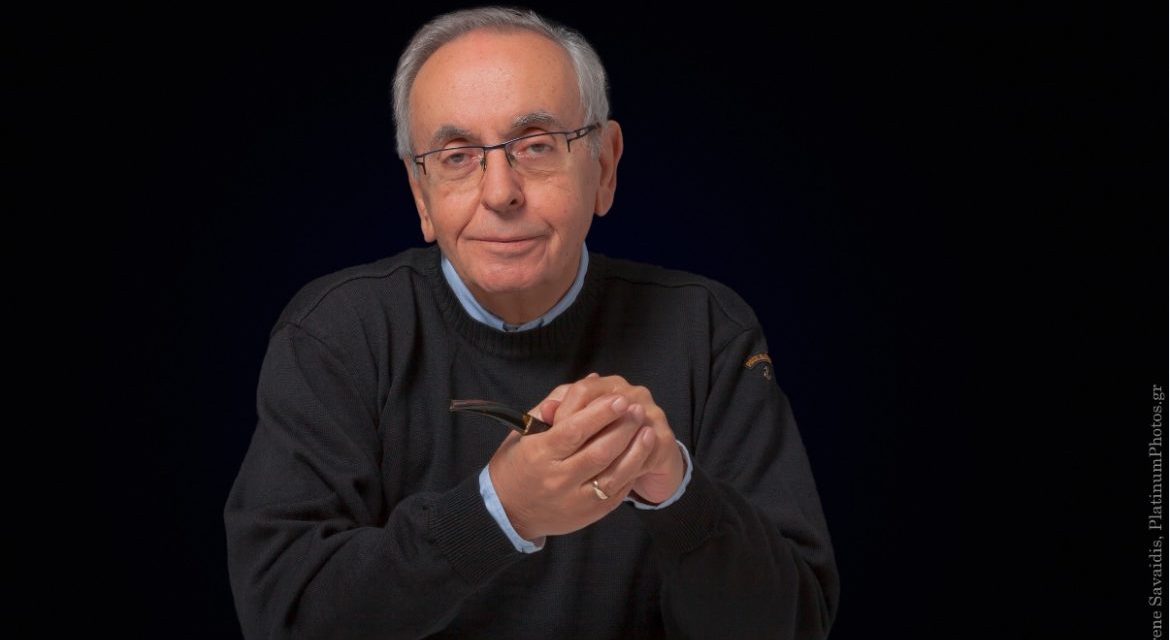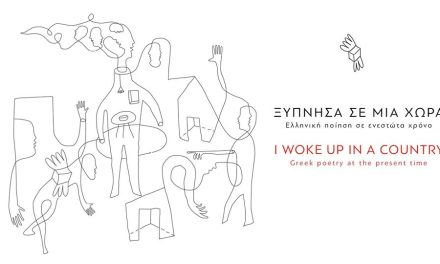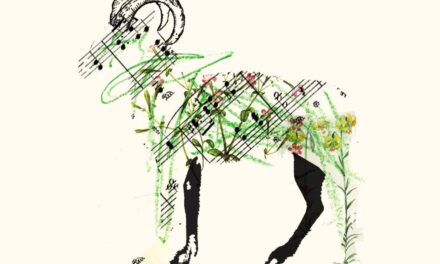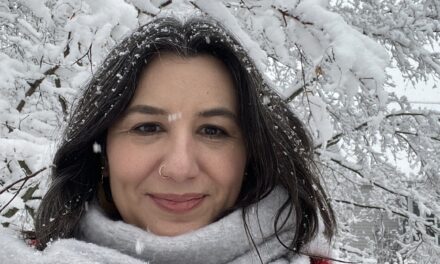Dimitris Daskalopoulos was born in Patras in 1939. He studied Law in Athens and worked at the National Bank of Greece for 35 years. He has published 11 volumes of poetry, as well as 15 collections of essays on modern Greek literature. He is also the author of separately published bibliographies of George Seferis, Odysseas Elytis, Angelos Sikelianos, G.K. Katsibalis, C.P. Cavafy, Alexandros Kotzias etc. He specializes in the work of C.P. Cavafy and George Seferis. He is a member of the Hellenic Authors’ Society and has received 2 honorary doctorates from the Universities of Thessaloniki (2006) and of Patras (2010). In 2015 he received a Lifetime Achievement Award from the Petros Charis Foundation of the Academy of Athens for his poetry, while in 2021 he received the Grand Prize of the literary magazine O Anagnostis. His most recent book is Territorial Waters, Studies on Modern Greek Literature (2020).
Poetry, essays, literary reviews, studies on modern Greek literature, editing the works of Seferis, Cavafy, Elytis, Sikelianos, Anagnostakis among others over a period of almost 60 years. What brought you to writing and continues to be your driving force?
I cannot identify specific events that led me to the adventure of writing. Looking back, I clearly remember the readings of my adolescence, as well as those of my early youth and university years. Without any substantial guidance (Seferis writes that we are all self-taught), but with a strong inner impulse, I used to read almost everything. To this day, I have been unable to resist the all-powerful attraction of the wonderful world that all kinds of books opened up for me in all fields (history, psychology, politics, religion, folklore etc). It was only natural that my focus not only on Greek but also foreign literature through translations would create the need for personal expression. Through all these years, I never lost my interest in literature. I try to find ways to understand, as best as I can, human destiny, through the books of great writers and of the new notable figures that appear from time to time on the international literary scene.
The memoir My years and my papers, recording your personal and intellectual itinerary, was published in 2016. Which do you consider the most important events of that journey? How does the personal relate to the collective (social, political, intellectual) in your work?
Ever since I was an undergraduate, I have been especially attracted to the poetry of Seferis. I realized that, among Greek poets, his style, his language and his deep connection with our tradition suited me best. Cavafy came a little later, leaving an indelible mark on my most creative years during the long gestation period of his bibliography, a book of 1.300 pages published in 2003, that I had been working on for more than 25 years. The two people who encouraged and supported me in this veritable odyssey were my dear, prematurely departed, friend Manos Charitatos (with all the invaluable, wide-ranging resources of the ELIA always available to me) and Professor G.P. Savvidis, to whom I owe so much more. I was not a student of his, in the strict sense, but we had a bond of sincere friendship and mutual appreciation.
Savvidis urged me to compile the 3rd volume of Seferis’s Dokimes (Essays) (1992) and, a few days before his sudden death, gave me the letters between Seferis and G.K. Katsibalis, in order to publish their correspondence (it finally appeared in 2009). One of the many things that caught my interest in both Seferis and Cavafy was the political dimension of their work. I have memories of the civil war, the polarized post-war climate and the dictatorship of 1967. With all this in mind, the poetry of Cavafy and Seferis became unexpectedly relevant. The poems I wrote until 1981 clearly reflect, I believe, all these adventures of Greek public life. The poet nowadays is not moonstruck, as he was thought of in the past; he must be the witness of his time.
In the introduction of your latest book Territorial Waters, Studies on Modern Greek Literature, you chose to study people based on “their ethical stance throughout their literary and public presence – a stance which renders their case exemplary”. Tell us about these choices.
I have long believed that writers, no matter how good they are, should be convincing not only through their work but also by the public image they create for themselves. Among the people I study in Territorial waters, there are some impressive examples. Seferis’ s attitude, for example, is well known and I don’t only refer to his anti-dictatorship statement, but also to the overall seriousness with which he dealt with literature throughout his life. Rodis Roufos was the only incumbent diplomat who resigned refusing to serve the junta. Cavafy devoted himself entirely to poetry – let me remind you that in his passport ‘poet’ was the profession he entered. Nasos Detzortzis was exemplary in his linguistic consistency. Let me not go into too much detail. I could cite an example for every person mentioned in the book.
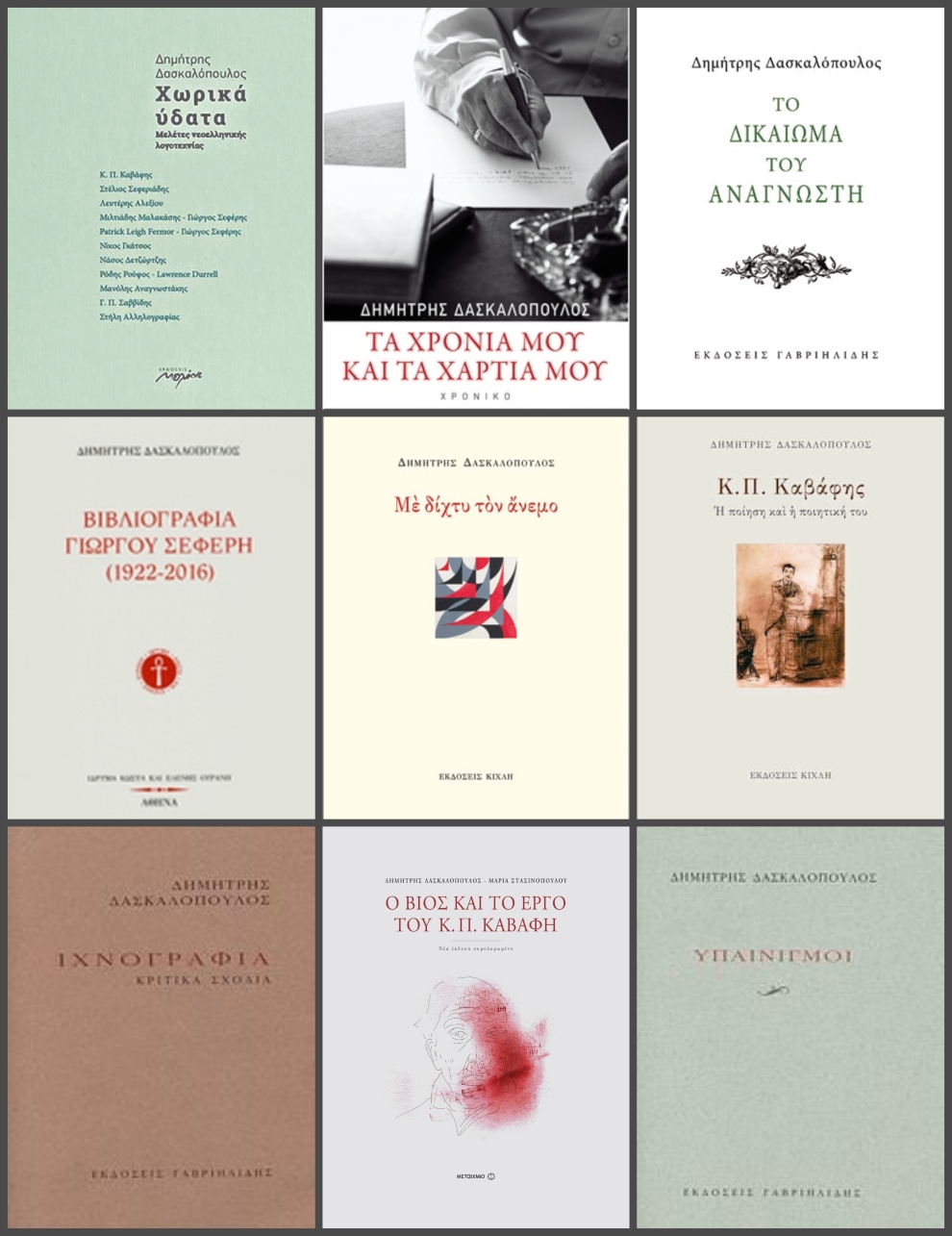
“I was once accused of using words and expressions of ‘katharevousa’, not familiar in the demotic language. Yet, the way one writes can’t be dictated by law. I am not obsessive, but language is language and everyone uses it the way they wish”. How crucial is the role of language in your writings? And, in general, what role does the poetic language play?
We all know how much trouble the so-called “language issue” has caused in our society in the first decades of the 20th century. A similar polarization, certainly of a lesser extent and intensity, began to emerge when the official state imposed the demotic language as the official language. The strict, almost sterile I would say, adaptation to the rules of the demotic language put aside the use of words and phrases that derived from ‘katharevousa’. This meant, among other things, that we closed the door on our long language-history, with its inexhaustible richness. I should remind you that our great poets resorted to all periods of our language (ancient, medieval, modern), without hesitating to use eloquent words or expressions. It is in this sense that I stated that everyone uses whatever language they want.
Using the words of G. P, Savvidis, you have repeatedly stated that “no bibliography can be exhaustive and complete except in the minds of the ignorant or the lazy.” As you are considered one of the most knowledgeable and methodical scholars of Seferis, tell us a little about your involvement with the work of the great Greek poet.
I never met Seferis in person while he was alive. I had just seen him at various events, for instance when he read his poems after the Nobel Prize or when he spoke publicly on the occasion of the death of T.S. Eliot. In the years following the 1967 coup, I began to write a study of the collection Emerologio Katastromatos B (Logbook II), which I consider to be his most political. It was then that I realized how overwhelmingly busy the poet was, writing poems and essays and publishing books while he was in Egypt, as a member of the exiled Greek government. I began looking for documents, ending up at his house at 20 Agras Street, where I met Maro Seferi with whom we became very close. I abandoned the monograph I was preparing, turning instead to the poet’s bibliography. A first, deliberately incomplete, version of it was published in 1979 and since then I have been collecting and recording new editions of Seferis’ works as well as new Seferis scholarship. This led to a reasonably complete Bibliography of Giorgos Seferis (1922-2016), published in 2016 by the Ouranis Foundation of the Academy of Athens.
Compiling bibliographies of other poets and novelists, such as Elytis, Sikelianos, Cavafy, Anagnostakis, Rodis Roufos, Alexandros Kotzias and others has provided material for much of my other scholarly work. Current technology, with its digitized runs of newspapers and magazines and its electronic catalogs, has made the bibliographer’s work much easier. I do not think I will ever take up a similar project again.
Since you have a profound knowledge of Cavafy, which are, in your opinion, the elements that have made his work timeless? Do you agree with those who argue that Seferis and Cavafy produced great work perhaps because they lived away from Greece?
Cavafy speaks to all his readers about life, death and love in various personae and masks; his is the work of someone deeply versed in European culture. After all, the way in which he communicates with History is recognizable and familiar to all people, always. Cavafy speaks to us about how violent and intoxicating power is, about political opportunism, about hope coming to naught, about all ideals being just a façade, about reformers of all kinds and “other resonant banalities of that kind”. In all the languages his poetry has been translated, his linguistic peculiarities may get lost, yet the ‘basic theme’ of each poem is remains intact, recognizable as it is from History and from the impact it has on today’s reality.
I wouldn’t say that “Seferis and Cavafy produced great work perhaps because they lived away from Greece”. The poet has his mother tongue as his only weapon in whatever corner of the earth he resides. Living outside Greece, he may receive stimuli that are different from the ones in his homeland; nevertheless, he will still express himself in his own unique language. Besides, we are talking about two major poets with a deep feeling for the unbroken long history of Hellenism.
«I must admit I am a person torn between literature and scholarship”. Would you say that the two constitute communicating vessels or that each one of them follows its distinct course?
Up to a certain extent literature and scholarship are indeed communicating vessels. At times they intersect while at others each follows its separate path. Too much scholarship clearly weakens personal expression, while pure literature doesn’t tolerate endless literary analyses. I tried to find the balance – I don’t know whether I succeeded or not.

Having such an in-depth knowledge of major Greek poets, do you consider that your own poetry has been influenced by them? Which are the main issues your poetry delves into? Would you say there are recurrent points of reference?
Critics have usually traced the effect that an older writer may have on a younger one in the expressive means and themes that the younger one chooses to use. You cannot imitate a great poet, you can just borrow something from him; what I would call “the tone of his voice”. In this respect, critics have detected in my work similarities in tone with Seferis. In the case of Cavafy, you can do nothing better than parody or artless imitation.
As a scholar working in the 20th century, you have talked about the degradation of Modern Greek Studies during the last decades. Which would you say are the main causes?
The times we are living in are all about technological progress; this has naturally brought the humanities, and thus Modern Greek Studies, to an inferior position all over the world. Technology, in all its forms, is profitable in contrast to the humanities, the purpose of which is to create educated and conscious citizens. We will probably need, in the not too distant future, a new Renaissance, like the one of the 15th and 16th centuries, that will restore the humanities to the center of our intellectual life.
Would you like to comment on the literary production (both prose and poetry) of the last few years? Does it bring something new to art?
I reckon that current Greek poetry and prose are both at a satisfactory level. New movements do not appear at regular intervals. Quantitatively, the production of fiction and poetry in Greek was most impressive in the last century. Several more decades will have to pass, I believe, before we can talk about new things in Art in general.
*Interview by Athina Rossoglou
TAGS: LITERATURE & BOOKS | READING GREECE

